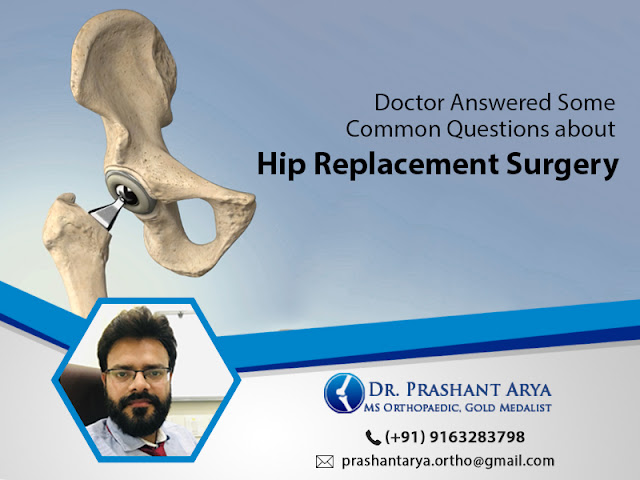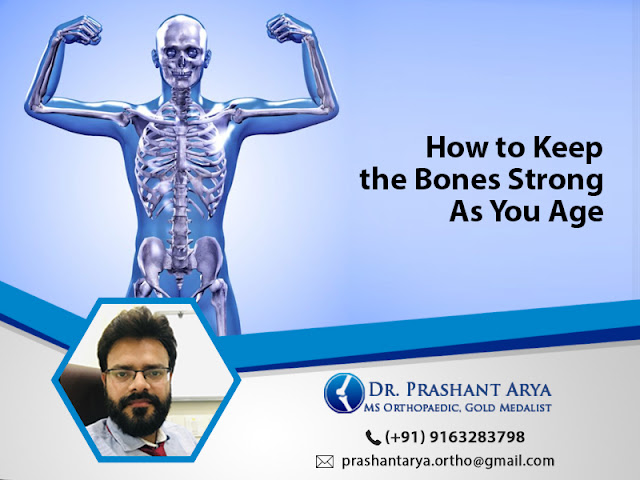Orthopaedic Tips – Managing Back Pain Caused by Sitting Still
Back discomfort can be caused by excessive physical activity, hard lifting, and other strenuous activities. You may be unaware of the back pain that can result from prolonged sitting. According to the best orthopaedic doctor in Newtown, patients have complained that their discomfort started in March, right around the time the COVID-19 outbreak broke out.
People who work from home cannot maintain regular habits, resulting in more sitting in places of the house that are not suited for work. Many people may not have a designated workplace with a table and chair. Consequently, individuals frequently spend long periods of time in uncomfortable seats with bad posture.
Sitting is one of the worst positions for the discs in the low back, according to studies. When you sit still for a long period, you put more pressure on your discs, which can cause them to “herniate.” It's critical to get medical advice to ensure that you're moving in ways that support recovery rather than aggravating symptoms. Meanwhile, there are ways to manage and relieve your pain.
Apply ice or heat Heat applied to the lower back area may aid with muscle relaxation. Dry heat items, such as heating pads and wearable heat packs, as well as moist heat techniques, such as placing a warm washcloth on the affected area or having a warm bath, may be used. Pain and swelling can also be reduced by icing the region with ice packs or other cold compresses. This is best used when you first notice pain in your lower back. A combination of the two can be useful in some cases, advises the orthopaedic surgeon.
Exercise
If a specific workout causes your lower back or leg pain, stop doing it right away. Start with modest back strengthening exercises and work your way up to a more strenuous regimen. Your back muscles will react to movement better if you undertake a range of strength and endurance workouts.
Attend physical therapy sessions
Your doctor may recommend seeing a physical therapist or researching physical therapy exercises on your own after analysing your back injury or condition. These exercises are suggested to patients in order to help them regain regular motion in an injured area.




Comments
Post a Comment